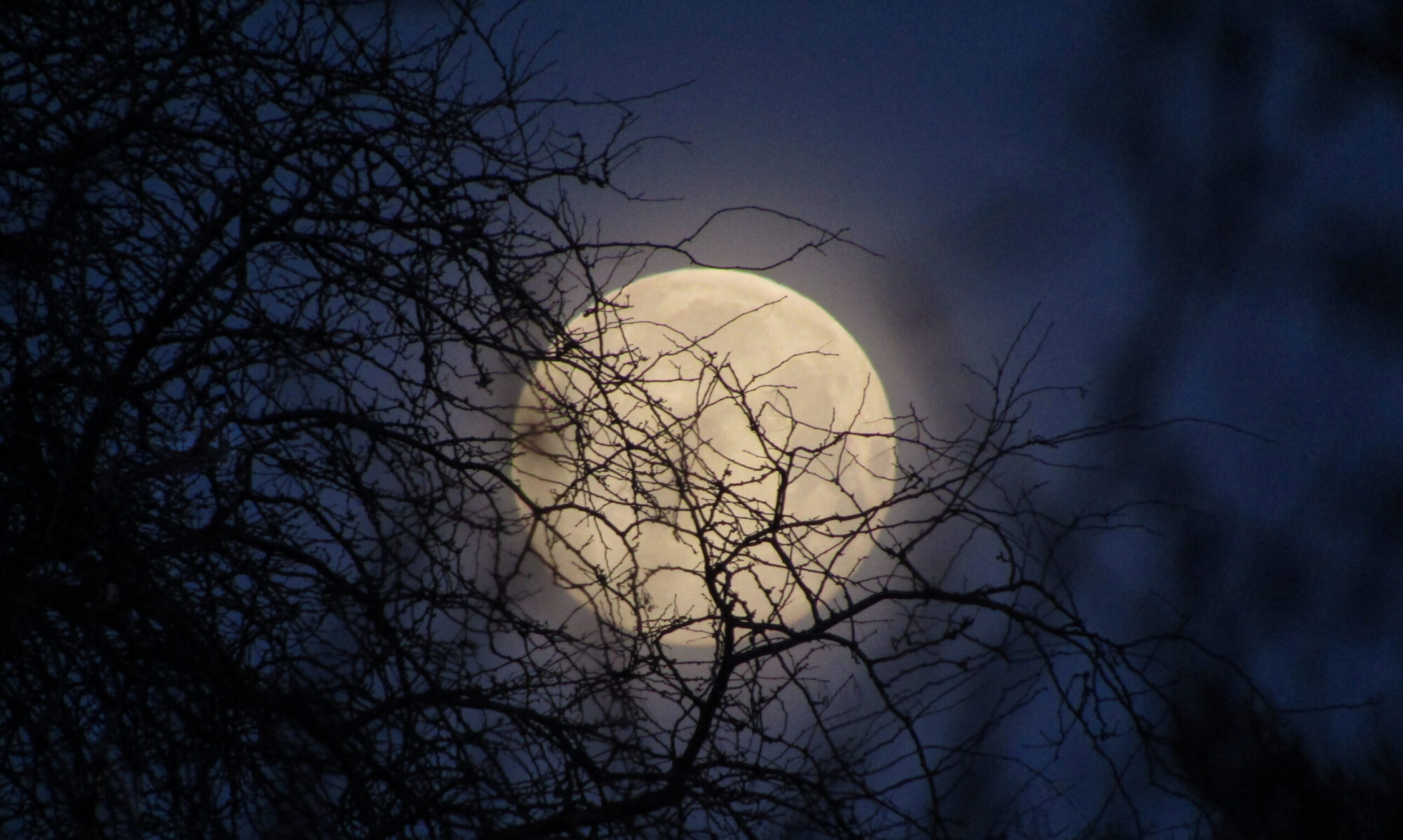"What in the Five Powers would create such a thing," the grey-haired shopkeeper exclaimed, his hands forgetting the pot he had been carrying in their haste to shield his ears against the piercing screech that the creature unleashed in it own fear and panic; the man having jolted it awake from a most pleasant dream.
From the first days of the Knowing Races, it was felt by those more ... sensitive. A balance, in the best of times, between overlapping and sometimes clashing energies that drifted like unseen currents throughout the world of Mynochral. The ebb and flow of darkness and light, order and chaos, and something else. Something that slipped by at the edge of sight for centuries, escaping like smoke in a fleeting zephyr as soon as one turned to make sense of the haze they thought they saw. The ghost of something one had not known in its life.
The elders heard the names of the four early energies, spoken in the wind, the wash of the ocean upon the shore, or the rumble within the mountains before stone shattered and gave way; roaring as it crashed down the slopes.
Eiven'ess, the energy of what is good and loving. The "Silver stream" that gently flows through all things living. As they came to know this, they could not help but see the presence of Urun'gor, the void in the mirror. The flow of darkness that struggled against the Silver Stream. The "Starless Night," devoid of even a glimmer of hope or light.
Alongside those, and flowing through them equally and without regard to their warring energies, the sages found Toun'ven, the smooth and orderly structure that could exist within both light and darkness, and bring form to either. This power sought not to change the energies of good or evil, but to build within them logic and an ordered consistency that could be explained or understood.
Warring against this, the Ma'aels made its presence known. The power without form. The raw energy of change, shattering the orderly and casting it into disarray at a moment's touch. This was chaos, as purely expressed as anything could be without form to perceive.
The first powers found expression within the hearts and minds of the knowing races, and influence upon the world around them. Some pooled in areas with no explanation, like drawing to like. Some flowed into or out of other places like the passage of the wind. The touch of these powers was said to leave a mark or stain upon the recipient, although within the elders were those that argued the powers touch only those that call to them, in proportion to the strength of that voice.
Over time, the fifth, that haze at the edge of understanding became ... more.
At first, it touched the minds of few, but as they came to understand a glimpse of it, and passed their knowledge on to following generations, who built upon those first hints, the power of Ai'shan'al came to be named, as well.
The power of Magic.
It drew the other powers like moths to a flame, their energies seemingly fueled by it, desperate for its radiant power, their flows accelerated and strengthened by its influence.
This, say the elders, was the awakening of the world. This was the moment when our ancestors became more than merely "the living upon the world," but awakened their minds and souls to being "the living of the world."
Through the many ages of Mynochral, the existence of the Five Powers has come to be known to all races, and accepted as an underlying truth of life. Even to the masses, the common people who no more understand the implications of such things than they do the forces of the world that drive the moons to appear in the sky, the sun to rise and provide warmth, or the waters of the lakes and wells to be able to sustain them, the Five Powers were commonly called upon before the Gods, and are believed to be more a part of who and what the world of Mynochral is than any other power that seeks to hold sway.
This is why, much to the chagrin of priests and paladins alike, the commoners of all races call upon the Five Powers to explain what they cannot understand with equal likelihood as turning to even those deities that claim sovereignty over any of the Five.
And, for those simple folk who sometimes find themselves faced with the backlash of the men and woman of various faiths, when they lash out in frustration over the belief that one might be rebuking their deity in favor of some "outdated tradition," there is the ever-present reply of "And what in the Five Powers gives you the right..."
For, even in the least learned, there is a feeling that those powers are somehow more a part of Mynochral than any who call themselves the "gods of this world."
